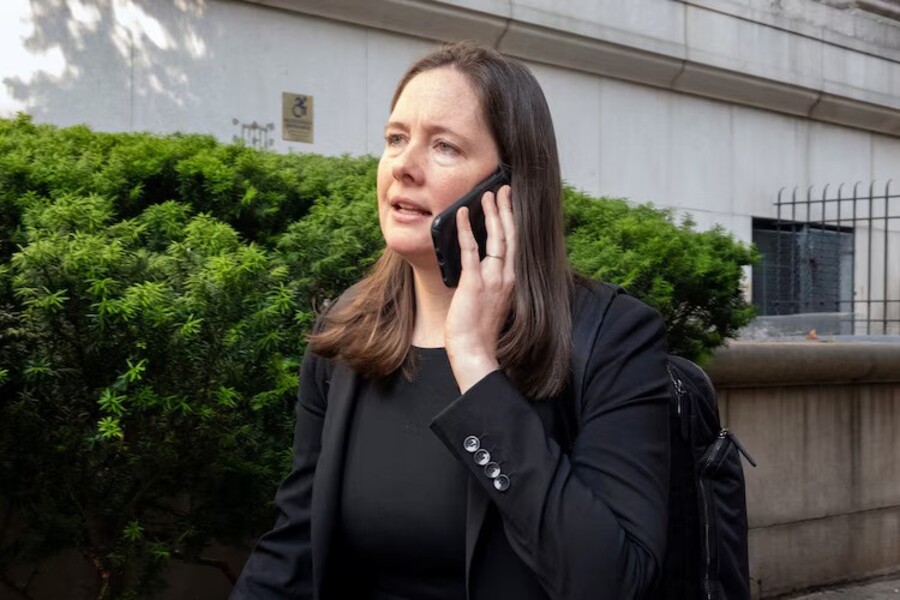Maurene Comey, a high-profile federal prosecutor known for leading cases against Ghislaine Maxwell and Sean “Diddy” Combs, has been fired from the U.S. Attorney’s Office for the Southern District of New York, according to multiple sources who spoke to ABC News. Comey, the daughter of former FBI Director James Comey, was considered one of the office’s most skilled litigators, having helped secure convictions in some of the country’s most closely watched legal battles.
The Justice Department and the U.S. Attorney’s Office declined to comment on the dismissal, and no official reason has been made public. However, the move follows a period of turbulence and political reshuffling within the Southern District of New York, widely regarded as one of the most powerful prosecutorial offices in the nation.
Comey played a central role in the successful prosecution of Ghislaine Maxwell, the longtime associate of Jeffrey Epstein, who was convicted on sex trafficking charges in 2021. She was also part of the earlier federal case against Epstein before his 2019 suicide in a Manhattan jail. Most recently, Comey led the prosecution of music mogul Sean “Diddy” Combs. That trial ended earlier this month with Combs being convicted on a prostitution-related charge while being acquitted of more serious offenses.
Her dismissal has raised questions about the influence of politics on the justice system. As the daughter of James Comey, who was fired by then-President Donald Trump amid the Russia investigation, Maurene Comey has been viewed skeptically in some political circles. According to sources, Trump had privately expressed frustration about her continued presence in federal law enforcement. Her firing aligns with a broader reorganization effort driven by Trump-aligned officials.
In recent months, the SDNY has seen a series of high-profile departures. In April, U.S. Attorney Matthew Podolsky stepped aside, allowing Trump to install Jay Clayton as interim U.S. attorney. Podolsky had taken over after Danielle Sassoon resigned in protest over the Justice Department’s decision to drop corruption charges against New York Mayor Eric Adams. Sassoon herself had replaced Edward Kim, who served briefly during the administration change.
The removal of Comey—who has not yet made a public statement—adds to concerns about the independence of the Southern District and whether prosecutorial decisions are increasingly shaped by political motivations. Legal observers warn that ongoing investigations, particularly those involving powerful or politically sensitive figures, could be affected by the instability in leadership.
As one of the office’s most experienced prosecutors, Comey’s departure could create ripple effects in high-stakes cases still unfolding. While her next move remains unclear, many expect she will transition quickly into a prominent role in private law, academia, or advocacy.
For observers of the justice system, her firing is a flashpoint in a broader debate about the politicization of federal law enforcement and its implications for the future integrity of high-level prosecutions in America.
